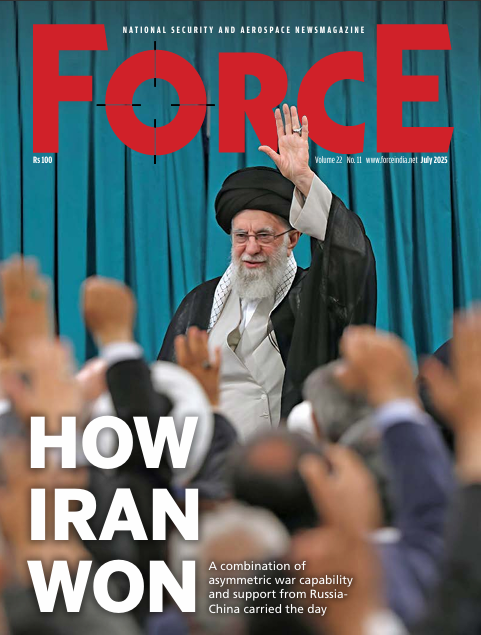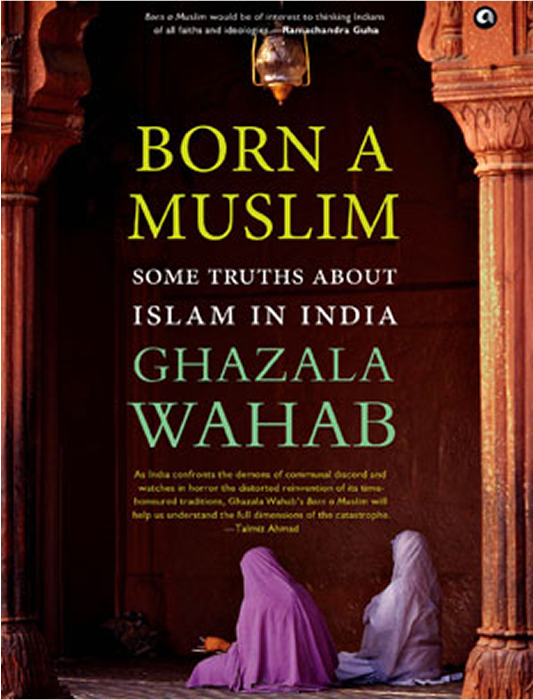First Person | The Art of Making Heroes
 Ghazala Wahab
Ghazala Wahab
Two recent judgements by lower courts, which usually take maximalist positions on the side of caution, suggest that the government of India may want to dial down provocation in the Kashmir Valley. At least for now.
One, a Delhi court recently awarded Kashmiri separatist and former militant Yasin Malik multiple life sentences and financial penalty of Rs 10 lakh in a case of terror funding. The National Investigative Agency had pleaded for a death sentence. The 56-year-old Malik may yet get a death sentence in another case—killing of unarmed IAF personnel waiting to board a bus in 1990. The chargesheet for this case was filed only in 2020, even though the case was registered in 1990 itself. There were reasons for this delay, but more on that later. As of now, it seems improbable that the judgement on that case will come in a hurry. Malik is likely to remain alive, at least until the time his death is deemed more useful to the government.
Two, People’s Democratic Party’s (PDP) youth leader and former chief minister Mehbooba Mufti’s confidante Waheed Parra was granted bail by the Jammu and Kashmir high court after 18 months of incarceration. The court deemed evidence against him too sketchy. That neither his arrest nor his bail has anything to do with the merits of the charges against him is evident from the fact that even when Parra had managed to secure the bail within two months of his arrest on 25 November 2020 (he got the bail in January 2021), he was immediately arrested by another agency. Clearly, someone had decided that he, or what he represented, needed to be taught a lesson. Hence, treated like a criminal, he was shunted between the NIA detention centre in Delhi to District Jail in Jammu, then Joint Interrogation Centre in Srinagar and finally in the Central Jail, Kashmir.
In May 2022, the powers felt that enough lesson has been taught. Perhaps, they are right. If sources are to be believed, then Parra (or his family), has decided that he takes a break from politics. This is likely to be a lesson for the young who still think that there is a possibility of dissent within the mainstream. The mainstream path is straight and narrow. And safe, if you know which side to walk on.
There is no surprise in any of this. Enforcement of law and prosecution of Kashmiris—militants, unarmed separatists, politicians, human rights activists and civilians—has always been a political endeavour. The criminal or civil cases are b
Subscribe To Force
Fuel Fearless Journalism with Your Yearly Subscription
SUBSCRIBE NOW
We don’t tell you how to do your job…
But we put the environment in which you do your job in perspective, so that when you step out you do so with the complete picture.








